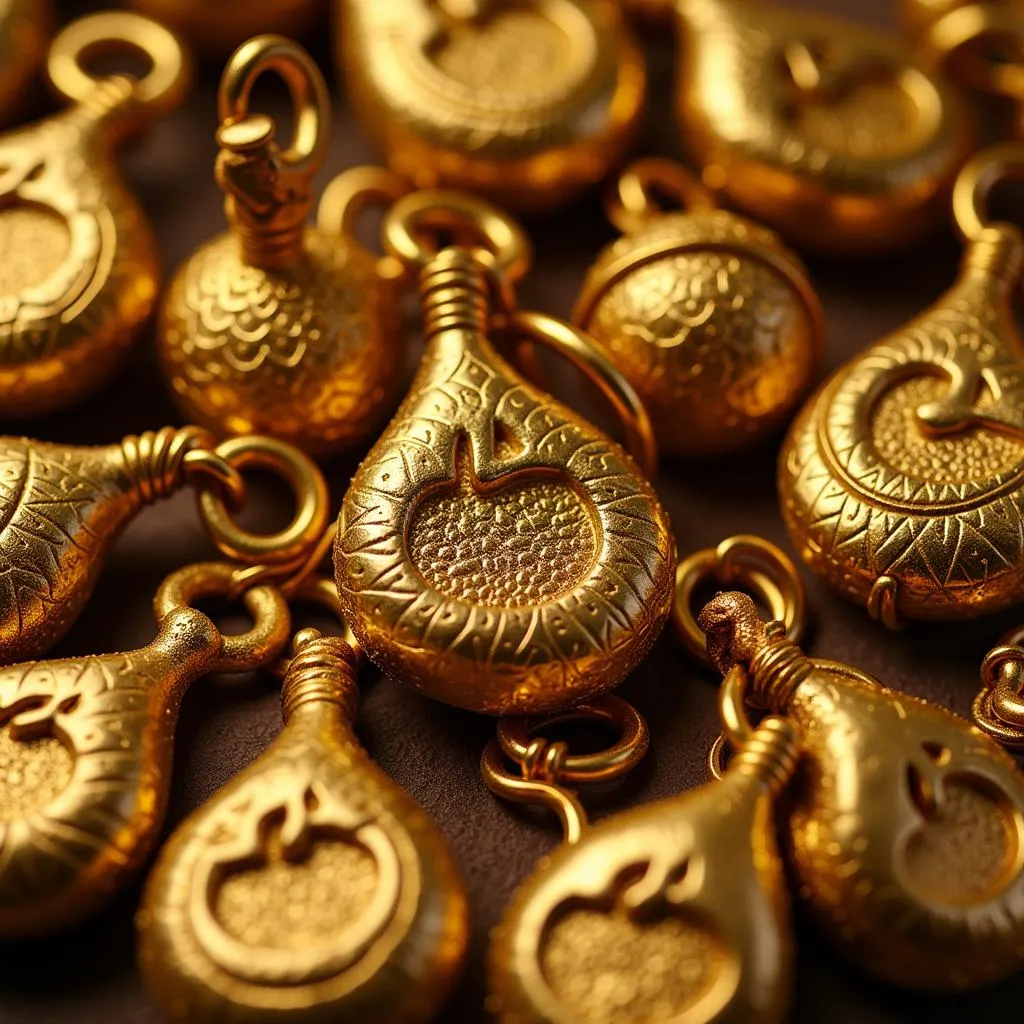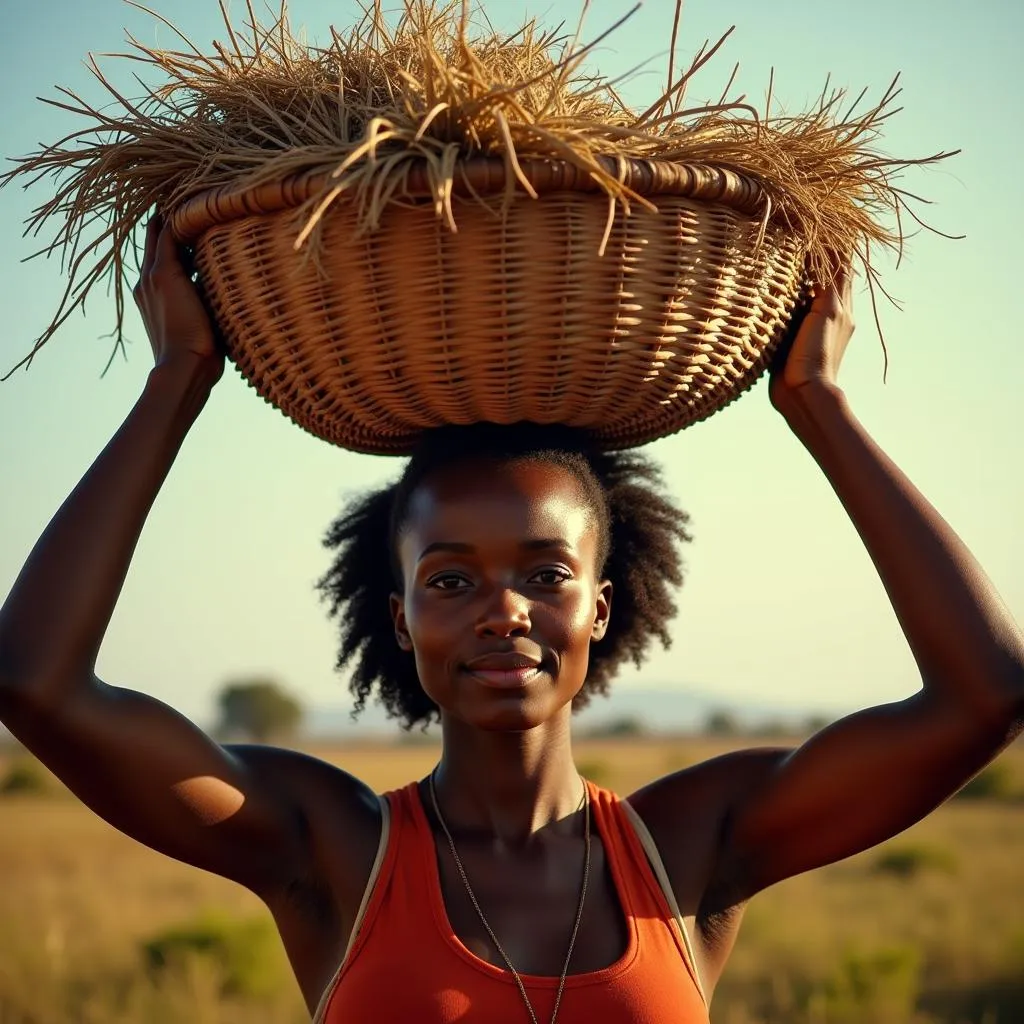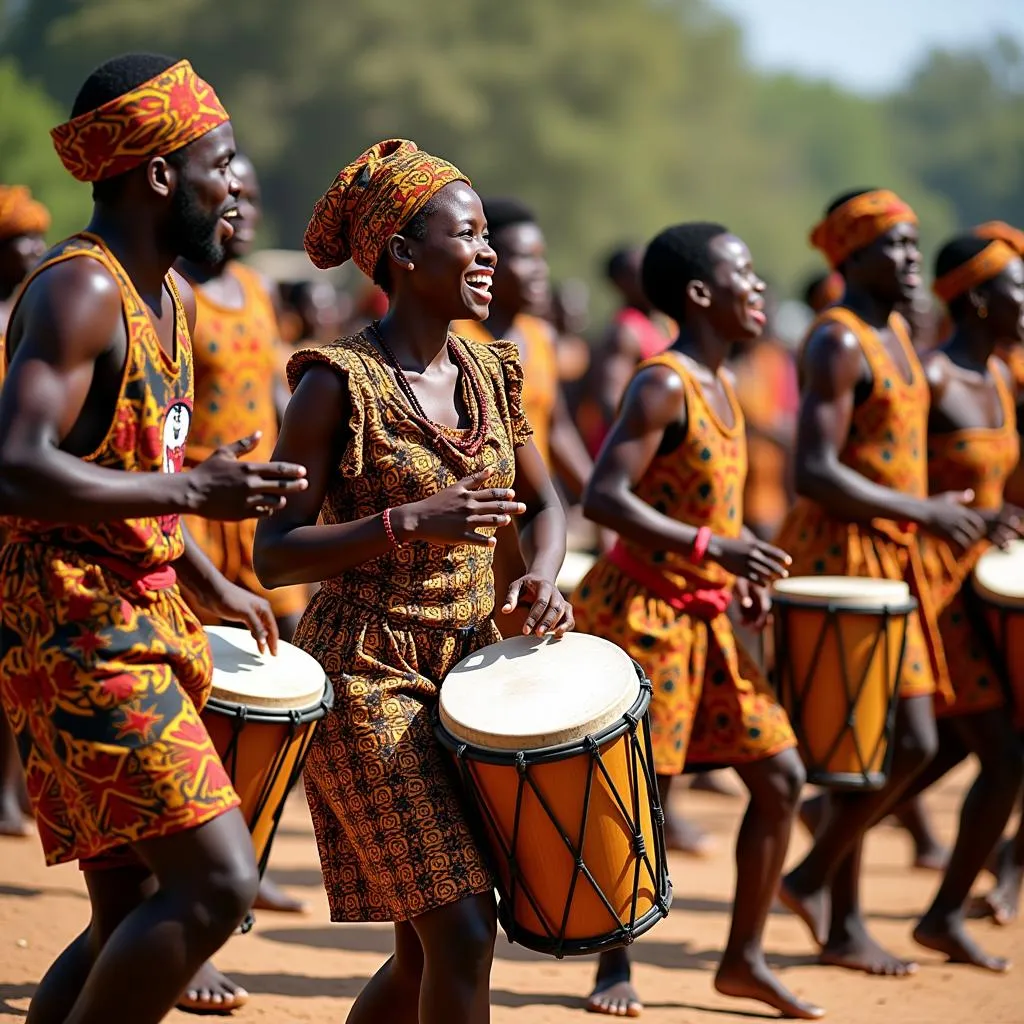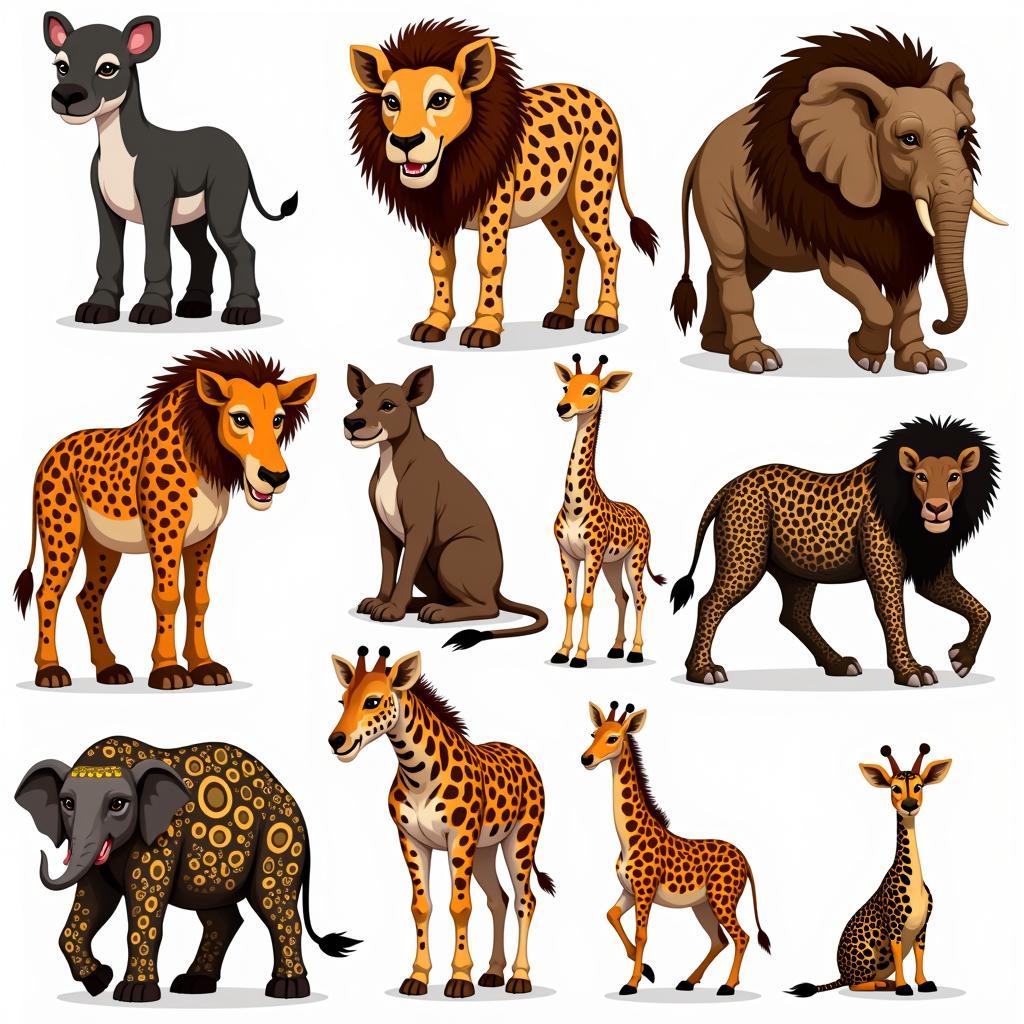Unveiling the African Elements in Anowa
Anowa, a powerful and evocative play by Ghanaian author Ama Ata Aidoo, weaves a complex tapestry of themes and ideas that resonate deeply with African cultures and traditions. While the play is set in the late 19th century Gold Coast (present-day Ghana), its exploration of destiny, free will, societal expectations, and the consequences of challenging norms holds a timeless relevance that transcends geographical boundaries. This article delves into the rich African elements present in Anowa, examining how Aidoo skillfully incorporates indigenous beliefs, cultural practices, and historical contexts to craft a narrative that is both universal in its themes and distinctly African in its essence.
The Weight of Tradition: Akan Culture in Anowa
Aidoo draws heavily from her Akan heritage, specifically the Fante people, in shaping the world of Anowa. The play’s setting, the coastal town of Yebi, mirrors the social structures and beliefs of traditional Fante communities. Anowa’s defiance of societal norms, particularly her refusal to conform to the expectations surrounding marriage and motherhood, highlights the tension between individual desires and the collective will. This tension is further amplified by the presence of the supernatural, deeply embedded in Akan cosmology.
 Akan gold weights used in trade
Akan gold weights used in trade
Anowa’s Resistance: Challenging Gender Roles and Societal Expectations
Anowa’s strong will and independent spirit directly challenge the patriarchal structure prevalent in traditional African societies. Her decision to choose her own husband, and one who is initially deemed unsuitable due to his lower social standing, disrupts the established order. This act of rebellion marks Anowa as an outsider, her actions constantly scrutinized and judged against the backdrop of societal expectations. Her journey becomes a poignant reflection of the struggles faced by women who dare to defy societal norms and forge their own paths.
 African woman carrying a basket on her head
African woman carrying a basket on her head
The Power of Oral Tradition: Storytelling and Proverbs in Anowa
A key element of African culture, oral tradition, plays a significant role in shaping the narrative structure and thematic depth of Anowa. The play incorporates traditional songs, proverbs, and the storytelling techniques of the Akan people. The chorus, a common feature in Greek tragedies, takes on a distinctly African character, reflecting the communal nature of Akan societies and their emphasis on collective experience. The use of proverbs, rich in wisdom and cultural meaning, provides commentary on the characters’ actions and highlights the consequences of their choices.
The Use of Music and Dance: Expressing Emotions and Advancing the Plot
Music and dance are integral to African cultures, often used to express emotions, celebrate important events, and transmit cultural knowledge. Aidoo masterfully integrates these art forms into Anowa, employing traditional Akan songs and dances to heighten emotional intensity and provide deeper insights into the characters’ inner lives. The rhythmic language and lyrical prose further enhance the play’s impact, creating a multi-sensory experience for the audience.
 African drummers and dancers in traditional attire
African drummers and dancers in traditional attire
Anowa’s Legacy: A Timeless Tale of Individuality and Cultural Identity
Anowa’s story resonates far beyond its specific cultural context, offering a timeless exploration of the complexities of human existence. The play’s exploration of ambition, love, and the search for meaning in a rapidly changing world continues to captivate audiences worldwide. Anowa’s tragic fate serves as a cautionary tale, reminding us of the enduring power of societal expectations and the courage it takes to challenge the status quo.
In conclusion, Ama Ata Aidoo’s Anowa stands as a testament to the richness and complexity of African cultures. By seamlessly weaving together elements of Akan traditions, oral storytelling, and social commentary, Aidoo creates a work of art that is both deeply personal and universally relatable. Anowa’s journey of self-discovery and her unwavering spirit continue to inspire audiences, urging us to question societal norms and embrace our individuality, even in the face of adversity.


